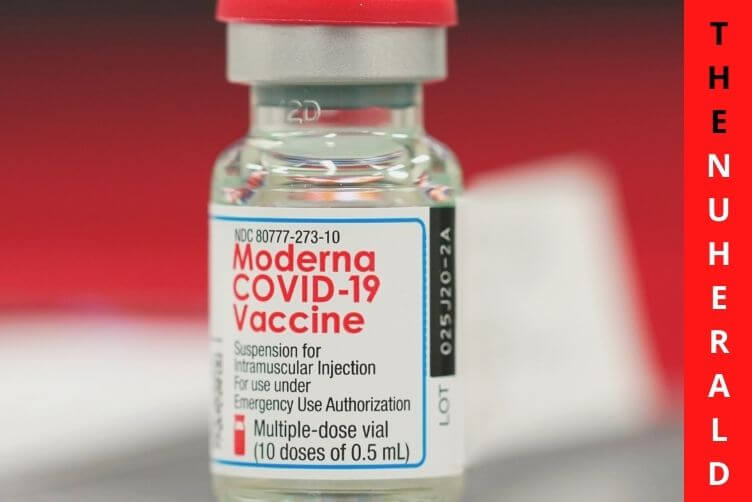Months after the covid-19 pandemic continued to rage all across the globe, the race for vaccinating the population started somewhere between the end of 2020 to the beginning of 2021, during which, major vaccines such as the Moderna, Pfizer, and other mRNA vaccines emerged. They received the nod from regulatory authorities primarily based on the short-term protection that they provide to the body, since then, curbing the number of cases and offering protection to the population was of prime concern.
Covid MRNA-Based Vaccines Provide Sample Defense
However, this begs whether the long-term effects of these vaccines are just as practical, which started a number of studies into the sustainability of the protection provided by these vaccines.

Studies on the long-term effects
A significant study in North Carolina shows the durability of the protection provided by vaccines such as Pfizer, Moderna, and the Johnson & Johnson vaccine. While these vaccines have been shown to provide ample protection against any severe symptoms for up to six months after the completion of the dosages, researchers have also identified a gradual decrease in the grasp of the vaccine on the body over time. People who took the Johnson & Johnson jab showed the highest level of decrease in immune protection months after the vaccination. The first author of this research commented on the findings by saying that Israeli studies provided most of the vaccine information within the US, and this study aims to draw conclusive conclusions using the data found within the county.
The only reason the major vaccines in the US even received their approvals was because of the immense protection they provided in the short run, however, the approvers had little to no knowledge of the sustainability of this protection. The studies conducted to assess this showed that the Pfizer and Moderna vaccines provided the highest level of protection two months after the doses. After two months, the immune system gradually begins to decline. According to the data, the Pfizer vaccine’s efficacy went from 94.5% to 66.6% after about seven months, while the Moderna vaccine’s effect reduced from 95.9% to 80.3%. The Johnson & Johnson vaccine’s efficiency fares relatively low, going from 74.8% in the first month, to 54.5% within the next five months.
That being said, researchers are still trying to figure out if this decline is caused by a steady decline in the performance of our immune system, or if it is a result of the emerging variants of the virus.
Prevention of severe symptoms
Regardless of the decline in their long-term performance, all three vaccines have shown great results in protecting the body from developing any severe symptoms. Even months after the vaccination doses, Pfizer, Moderna, and the Johnson & Johnson vaccines showed to provide about 80-90% protection against extreme symptoms and hospitalization. Although these statistics may be slightly lower for those above the age of 65, the fatality rate can be gradually decreased through timely vaccination.
The bottom line is that the vaccines provide plenty of protection against the severe symptoms brought about by the covid-19 virus, and regardless of the waning effect after a few months, people must get themselves vaccinated immediately. Those who have opted for the Pfizer or the Johnson & Johnson vaccine must also try to receive the booster shot since it helps supplement any decreased efficacy over the long run. The booster shot is especially impertinent for senior citizens, who face a high risk of waning immunity. Moreover, with the wrath of the Omicron variant coming in at a high pace, getting yourself vaccinated is exceptionally pivotal to remain unscathed by the deadly symptoms of the virus and protect those around you.